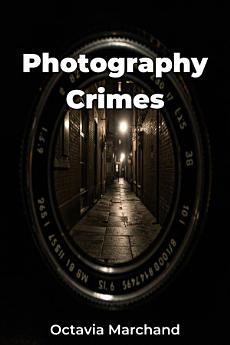Photography Crimes
About this ebook
The book progresses by first establishing a historical context, tracing photography's evolution from documenting crime scenes to modern digital forensics. It then delves into three major themes: the manipulation of photographic evidence, the use of photography as a tool for committing crimes, and the ethical considerations surrounding surveillance and privacy. Through case studies and legal analyses, Photography Crimes provides readers with a comprehensive understanding of the issues, connecting diverse fields like law, sociology, and technology.
Ultimately, this book aims to equip a broad audienceâfrom photography enthusiasts to legal professionalsâwith the visual literacy needed to navigate an image-saturated world. It furnishes practical knowledge for understanding personal rights in public spaces where photography is permitted, and illustrates the impact of photography on social media and the role of visual misinformation.







